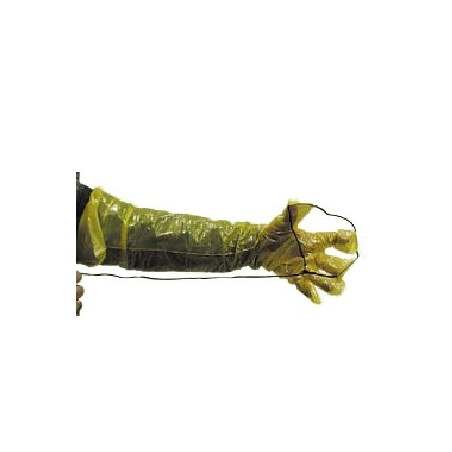Lactobacillus rhamnosus GG (LGG) is a probiotic for humans and is normally not found in pigs; however, it has been shown to protect the human-derived intestinal Caco-2 cells against the damage induced by an important intestinal pathogen, enterotoxigenic Escherichia coli F4 (ETEC). An experiment was conducted to test whether the dietary addition of LGG improves the growth and health of weaned pigs when orally challenged by E. coli F4. Thirty-six pigs were weaned at 21 days and assigned to a standard weaning diet with or without 1010 CFU LGG (ATCC 53103) per day. The pigs, individually penned, were orally challenged with 1.5 ml of a 1010 CFU E. coli F4 suspension on day 7 and slaughtered on days 12 or 14.
With the addition of LGG, the average daily gain and the average daily feed intake were reduced after the challenge with ETEC and for the entire trial (P < 0.05). The average faecal score tended to worsen from day 11 to the end of the trial and the concentration of ETEC in the faeces tended to increase (P = 0.07) with the LGG supplementation. The counts of lactic acid bacteria, enterobacteria and yeasts in the colonic digesta were not affected. The pH values in ileal, colonic and caecal digesta, and the small intestine size were also unchanged. Regardless of the site of measurement (duodenum, jejunum or ileum), a trend of decreased villus height was seen with LGG (P = 0.10). Crypt depth and villus to crypt ratio were unchanged by the diet. A gradual increase of total seric IgA was seen after 1 week and after the challenge, in the control (P < 0.05), but not in the treated group. After the challenge, the LGG reduced the total IgA in the blood serum (P < 0.05), vs. the control. The total IgA in the saliva and in the jejunum secretion were not affected by the probiotic supplementation. The F4-specific IgA activity was not affected by the diet at all the samplings.

The result shows that the administration of LGG does not prevent or reduce the detrimental effect of the E. coli F4 infection on the growth performance and health status of weaned piglet.
P Trevisi, L Casini, F Coloretti, M Mazzoni, G Merialdi, P Bosi. Dietary addition of Lactobacillus rhamnosus GG impairs the health of Escherichia coli F4 challenged piglets. 2011. Animal, 5(9):1354-60.




